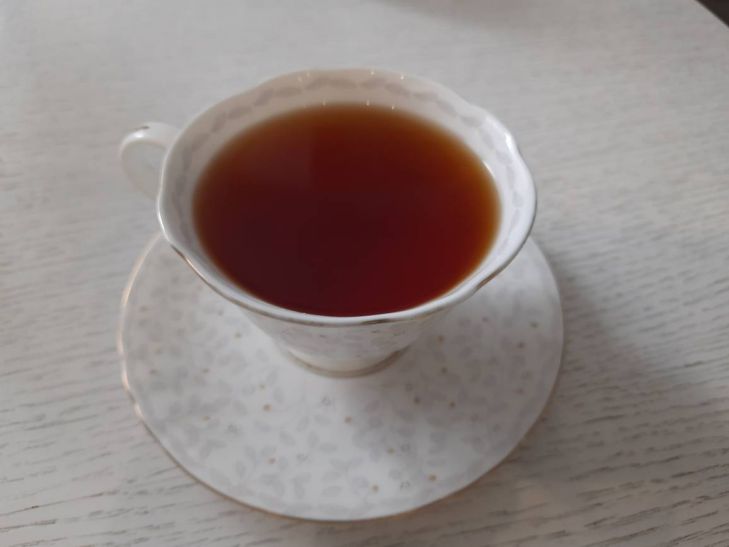Why You Shouldn't Drink Tea at Night: Revealing the Secrets of Healthy Sleep
Many people are used to ending the day with a cup of aromatic tea, unaware of the possible consequences.
It would seem that what could be better than a calming ritual before bed?
However, drinking tea at night can disrupt the body's natural processes and lead to sleep problems.
The effects of caffeine on the body
The main reason why it is not recommended to drink tea before bed is because of the caffeine content.
This central nervous system stimulant has the ability to block receptors for adenosine, a substance that causes drowsiness.

As a result, a person feels a surge of vivacity and energy, which is completely inappropriate in the evening.
Caffeine can remain active in the body for up to six hours, and in some people even longer.
Drinking tea a few hours before bedtime causes the brain to continue to work in an active mode, making it difficult to fall asleep and reducing the quality of your night's rest.
Circadian rhythm disorder
Regularly drinking tea before bed can disrupt the body's natural biological clock.
Circadian rhythms play an important role in regulating sleep and wakefulness. Disruption of these rhythms can lead to chronic fatigue, decreased immunity, and even the development of serious diseases.
Impact on sleep quality
Even if a person manages to fall asleep after drinking tea, the quality of sleep leaves much to be desired.
Caffeine shortens the deep sleep phase, which is vital for proper rest and recovery of the body. As a result, in the morning a person feels sleep-deprived and exhausted, despite a sufficient number of hours spent in bed.
Increased load on the urinary system
Tea has a diuretic effect, which can cause frequent awakenings at night to visit the toilet.
Intermittent sleep negatively affects overall well-being and performance the next day.
Alternative drinks for evening time
Instead of tea before bed, it is recommended to drink herbal infusions that do not contain caffeine.
Chamomile tea, mint or lemon balm infusion will help you relax and prepare for sleep without disrupting the body's natural processes.
Warm milk with honey is considered a traditional drink to improve sleep.
Tryptophan, found in milk, promotes the production of serotonin, a hormone that regulates the sleep-wake cycle.
Room temperature water is the best choice for quenching your thirst before bed.
It does not contain stimulants and helps maintain the body's water balance without the risk of frequent awakenings at night.
Time of last fluid intake
Experts recommend refraining from drinking any beverages 1-2 hours before bed.
This approach avoids sleep disruption due to the need to visit the toilet and ensures more comfortable and uninterrupted rest.
Individual sensitivity to caffeine
It is important to note that reactions to caffeine can vary from person to person. Some are more sensitive to its effects and may experience sleep problems even after drinking small amounts of tea during the day.
Others, on the contrary, are less susceptible to the stimulating effect. However, in any case, it is better to avoid drinking tea before bedtime to ensure a healthy and complete rest.
